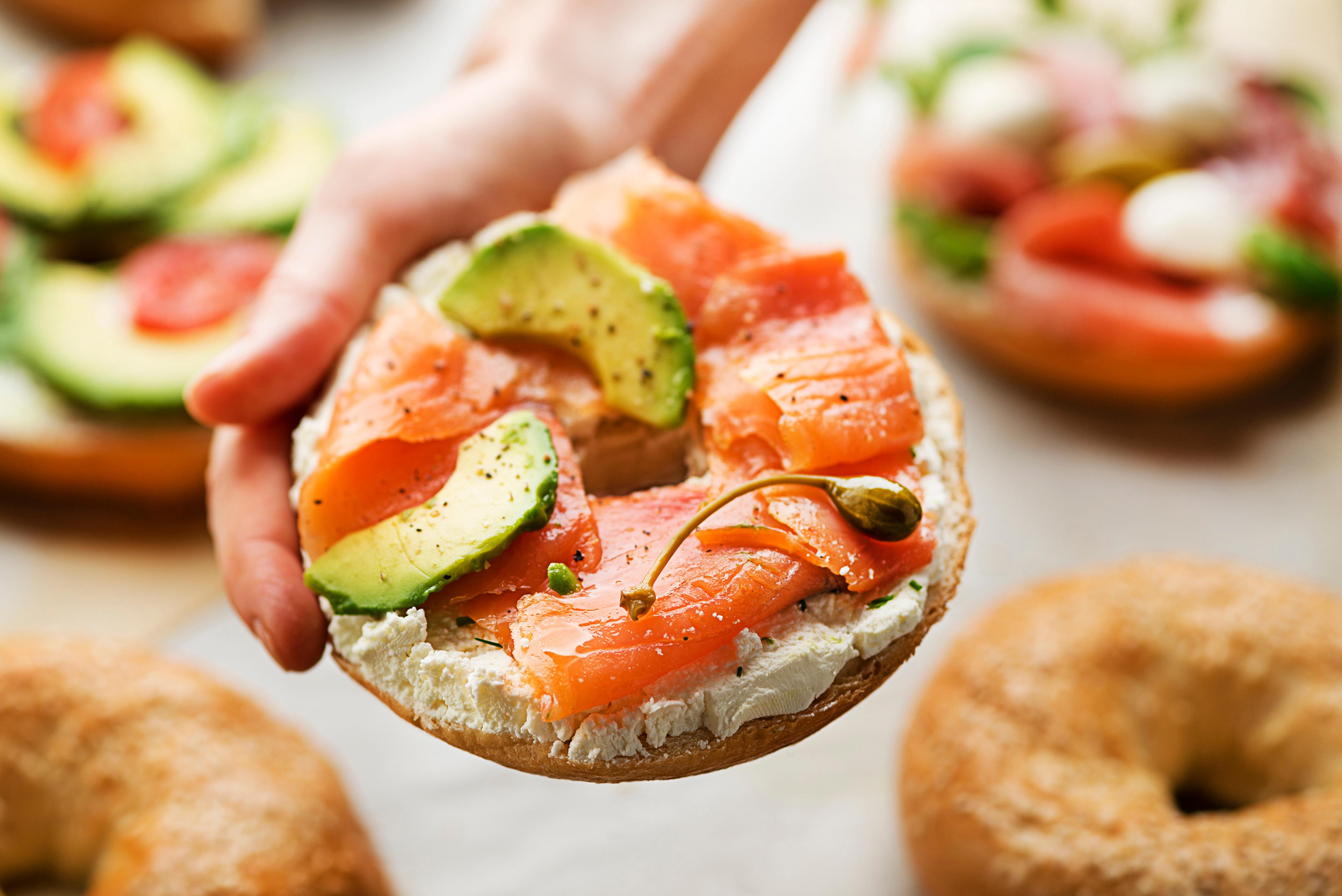5 Foods to Eat with Your Mental Health in Mind
Jake Newby
| 4 min read

Striking a balance between good emotional, intellectual, physical and social wellbeing can help us maintain good mental health. It takes a team effort.
One area of that effort – the physical wellbeing – revolves heavily around diet. The foods we put into our bodies can have an impact on our mental health. For instance, certain foods and food groups can help decrease inflammation, which can in turn decrease the stress hormone known as cortisol.
“Whole foods, generally, like fruits and vegetables are going to have anti-inflammatory properties, so whenever you decrease inflammation in the body through foods like whole foods and Omega-3’s, you can decrease cortisol levels,” said Blue Cross Blue Shield of Michigan (BCBSM) Health and Wellness Spokesperson, Shanthi Appelö. “Cortisol can not only impact our mental health but it can further lead to these cravings that we associate with weight gain. It makes you crave more fatty and sugary foods. Cortisol also tends to favor fat accumulation in our gut area, too.”
Other foods, Appelö said, can be a boon to our gut health, the source of 95% of our body’s serotonin production.
“The theory is, if our digestion is not up to par, we could potentially underproduce the neurotransmitter serotonin that makes us feel good,” Appelö said. “Low serotonin levels are associated with anxiety, depression and other mental health issues. So, if we take care of the gut and we support our digestion, we may be supporting serotonin production. Another point is that 70% of the immune system is housed in the gut. If we’re less subjected to illness and have stronger immunity, we’re generally going to be happier creatures.”
With those main connections in mind, here are five foods Appelö recommends eating to give our mental health a boost:
1. Fatty fish (salmon/tuna)
Reducing cortisol levels comes down to managing stress, which can be achieved through self-care, yoga, meditation and additional support. Diet-wise, there are a few foods that can decrease inflammation and cortisol, and one of those foods groups is Omega-3 fatty acids. One food category that is extremely rich in Omega-3s is fatty fish.
“Fatty fish is going to be the best source of Omega-3,” Appelö said. “So, salmon and tuna are great options. The recommendation, generally, for eating fatty fish is going to be 2 to 3 times a week. But the more the better.”
Fatty fish also boasts vitamin B12, a nutrient involved in cortisol metabolism.
2. Bananas
Another cortisol-reducing whole food is one of the best and original superfoods - the magnesium-rich banana. Magnesium may help decrease inflammation and is involved in cortisol metabolism. Bananas are also a source of prebiotic fibers, so they’re good for the gut, too.
“Prebiotics are non-digestible carbohydrates that encourage beneficial bacteria in the gut to multiply,” Appelö said.
Onions and garlic, raspberries and other high-fiber foods are other strong prebiotic sources.
3. Dark chocolate
In terms of decreasing inflammation and promoting good gut health, dark chocolate ticks both boxes, as well. Like bananas, dark chocolate – specifically dark chocolate with a high percentage of cocoa or cacao – is high in magnesium. One ounce of dark chocolate can contain up to 65 milligrams or magnesium. Dark chocolate also contains polyphenols, which are good for the gut.
4. Avocados
Avocados are generally considered one of the tastiest prebiotic fiber sources that are good for gut health. These whole foods are also a great source of magnesium.
“They’re a whole food packed with healthy nutrients that can decrease inflammation,” Appelö said.
A whole medium-sized avocado contains about 10 grams of fiber.
5. Yogurt
While prebiotics serve as a food source to the beneficial bacteria in our gut, probiotic-rich foods contain healthy bacteria that contribute to a healthy microbiota. It’s hard to find a tastier, better overall source of probiotics than yogurt.
“Yogurt has that probiotic component to it and is generally a satisfying food because of the protein content,” Appelö said.
Other fermented foods that are naturally ripe with probiotics are kimchi, tempeh and sauerkraut. Appelö added that more research is needed to fully understand the gut microbiome, but what we do understand is that a large percentage of our immune system is housed there.
“Since a large part of our immune system is housed there, and it’s responsible for the majority of serotonin production,” she said. “In theory, by eating foods that can support our gut we can also support our mental health and immunity.”
Photo credit: Getty Images
Read on:





